Frederica Freyberg:
Wisconsin electoral politics are changing course because as of this week, there are new voting district maps. Senior political reporter Zac Schultz explains the implications.
Zac Schultz:
With the stroke of a pen, Governor Tony Evers ended the future of a Republican supermajority in the Legislature and gave Democrats a path back to the majority.
Tony Evers:
This will become Act 94.
Zac Schultz:
With the threat of a new liberal majority on the Wisconsin Supreme Court choosing maps even more favorable to Democrats, Republicans in the Legislature took the governor at his word when he said he would sign his proposed maps into law. Fearing a trick and a federal lawsuit, Democrats in the Assembly and Senate largely voted against the maps and some encouraged the governor to veto his own maps and wait for the Supreme Court. Evers says he talked with those with concerns but never considered a veto.
Tony Evers:
Last week, Republicans passed the maps I submitted to the Wisconsin Supreme Court and those are the exact maps before me today. They’re my maps, nothing more and nothing less. To me, the decision to enact these maps boils down to this: I made a promise to the people of Wisconsin that I would always try to do the right thing and keeping that promise to me matters most, even if members of my own party disagree with me.
Zac Schultz:
After the signing, Democrats celebrated the new maps but Republicans promised they would continue to win legislative majorities in the fall.
Tony Evers:
Under these maps, we’ll see more competitive contested races by making it more likely the legislative districts will flip from one party’s control to another when voters’ preferences change. Every vote matters and that’s also good for democracy.
Tim Cullen:
I was a hundred percent, if not more, that the governor should do what he did. I’m really proud of him.
Zac Schultz:
Tim Cullen is a former Democratic state senator and long ago served in Republican Governor Tommy Thompson’s administration. He remembers the days when bipartisanship was the norm and says fair maps will help bring that era back.
Tim Cullen:
It just does one simple thing: it means the votes in November matter again. All that’s mattered for the last 13 years is the primary votes and how do you avoid a primary? You stick with your base, Democrats and Republicans. What does that mean? You don’t work together. If you work together, you get called a compromiser or a moderate or something, you will get a primary.
Zac Schultz:
Most analysis of the new map shows while Democrats have a chance at winning the Assembly this fall, it will likely take four years to have a shot at the state Senate simply because only half the seats are up each election. But Evers says a more balanced Legislature could mean it might be possible to find compromise on issues like expanding Medicaid.
Tony Evers:
I have to believe there is at least one Republican in the House or the Senate that agrees with us on that and then maybe we can find a solution.
Zac Schultz:
Reporting from Madison, I’m Zac Schultz for “Here & Now.”
Search Episodes
News Stories from PBS Wisconsin

Donate to sign up. Activate and sign in to Passport. It's that easy to help PBS Wisconsin serve your community through media that educates, inspires, and entertains.
Make your membership gift today
Only for new users: Activate Passport using your code or email address
Already a member?
Look up my account
Need some help? Go to FAQ or visit PBS Passport Help
Need help accessing PBS Wisconsin anywhere?

Online Access | Platform & Device Access | Cable or Satellite Access | Over-The-Air Access
Visit Access Guide
Need help accessing PBS Wisconsin anywhere?

Visit Our
Live TV Access Guide
Online AccessPlatform & Device Access
Cable or Satellite Access
Over-The-Air Access
Visit Access Guide
 Passport
Passport





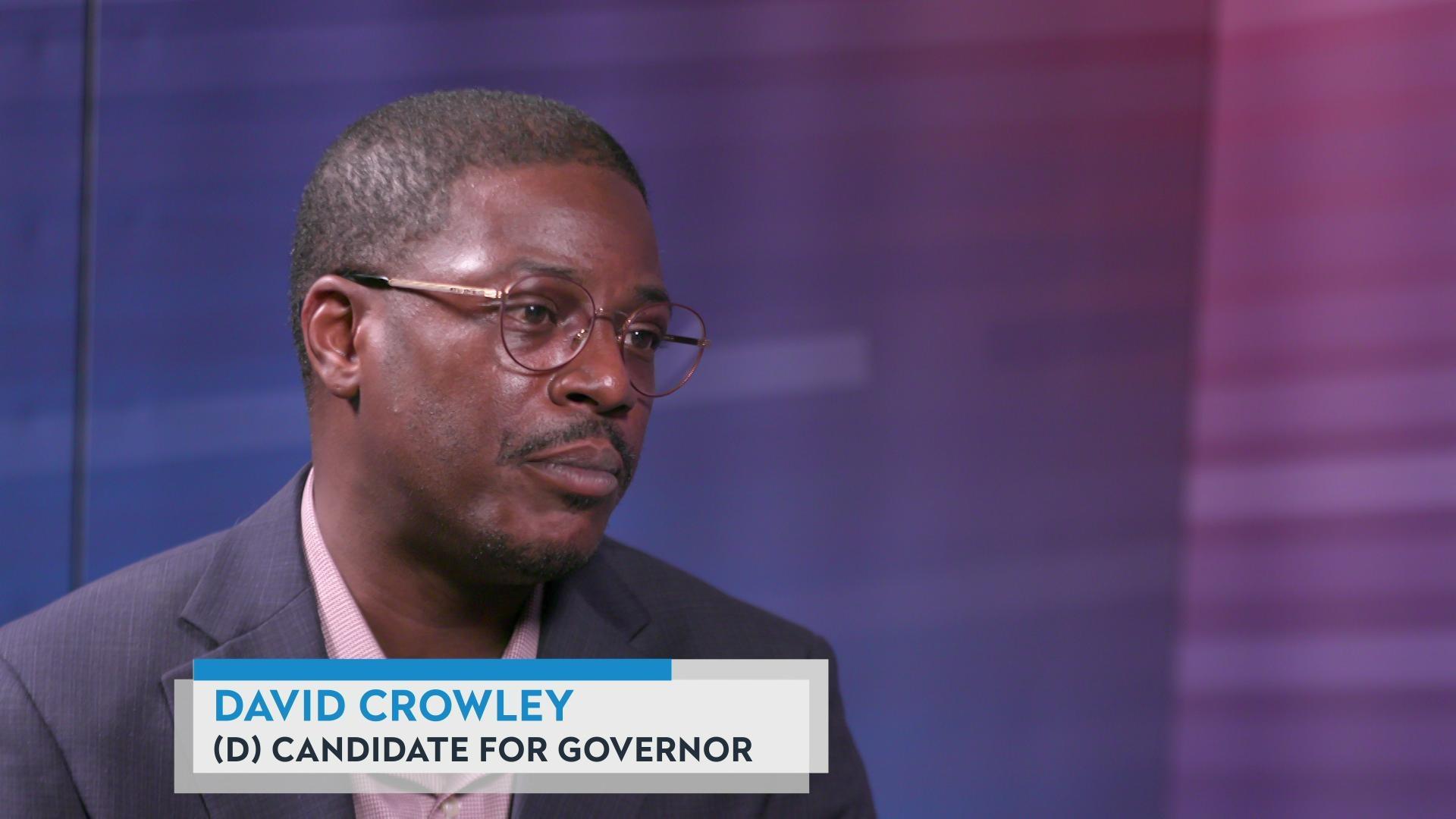
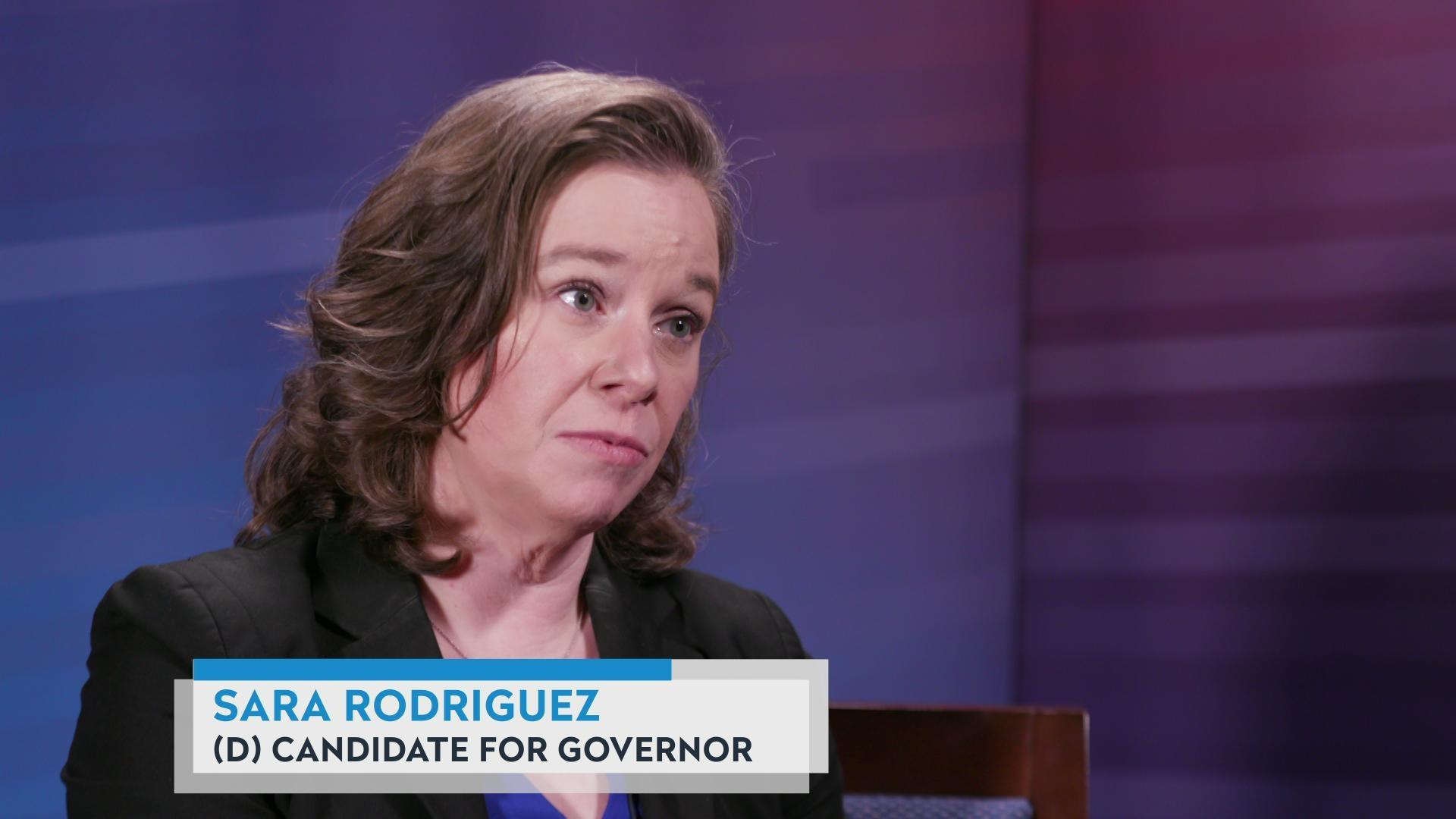
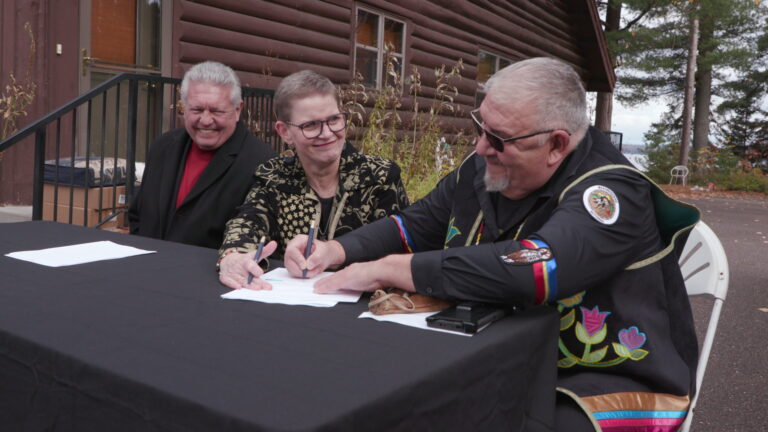

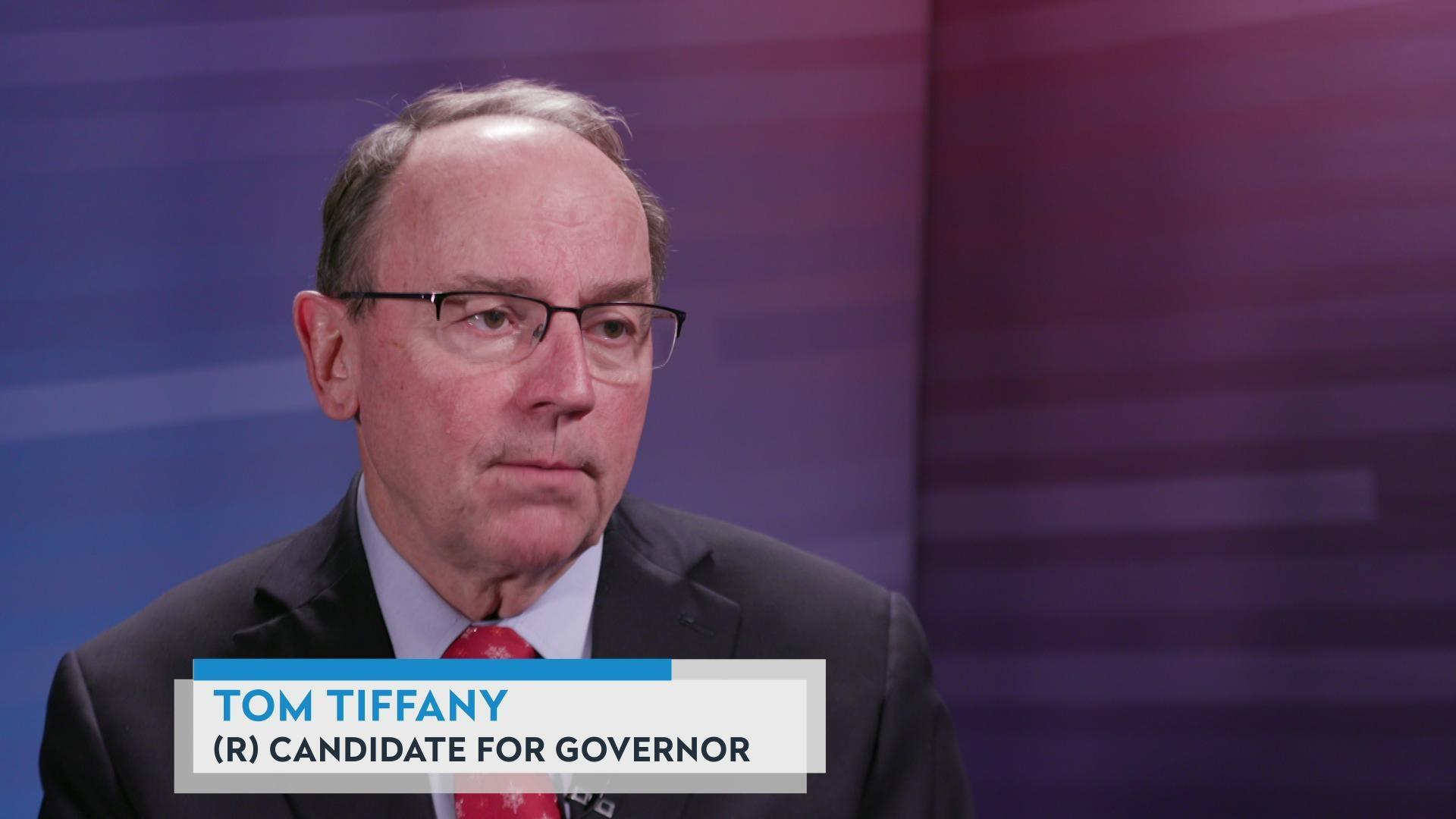
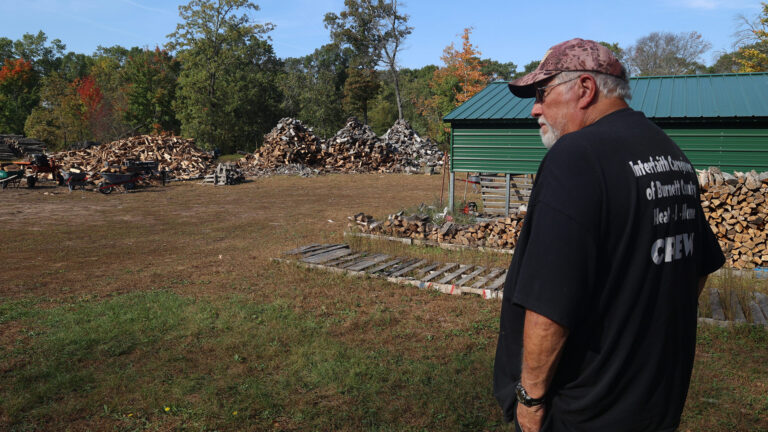
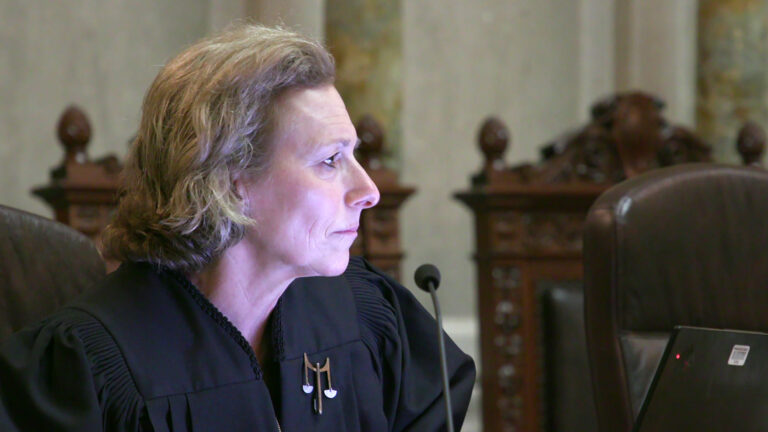

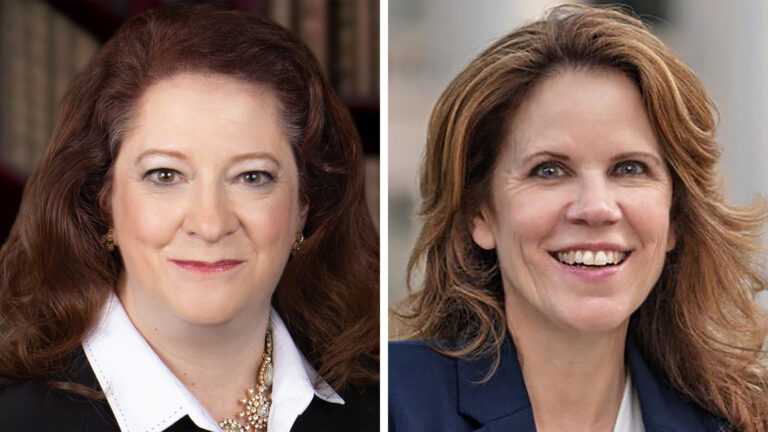
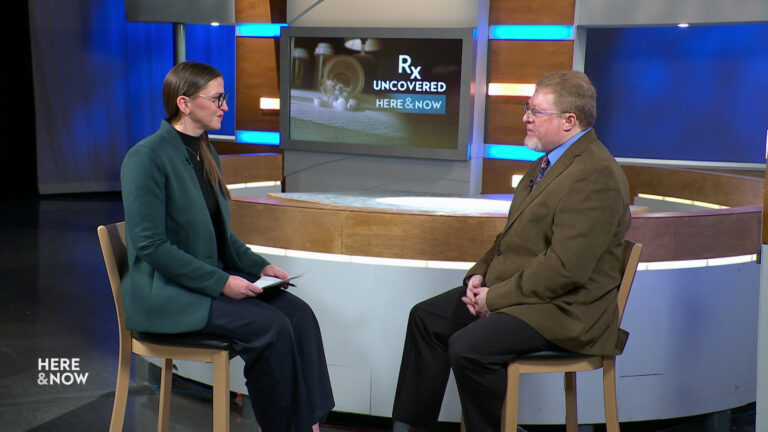

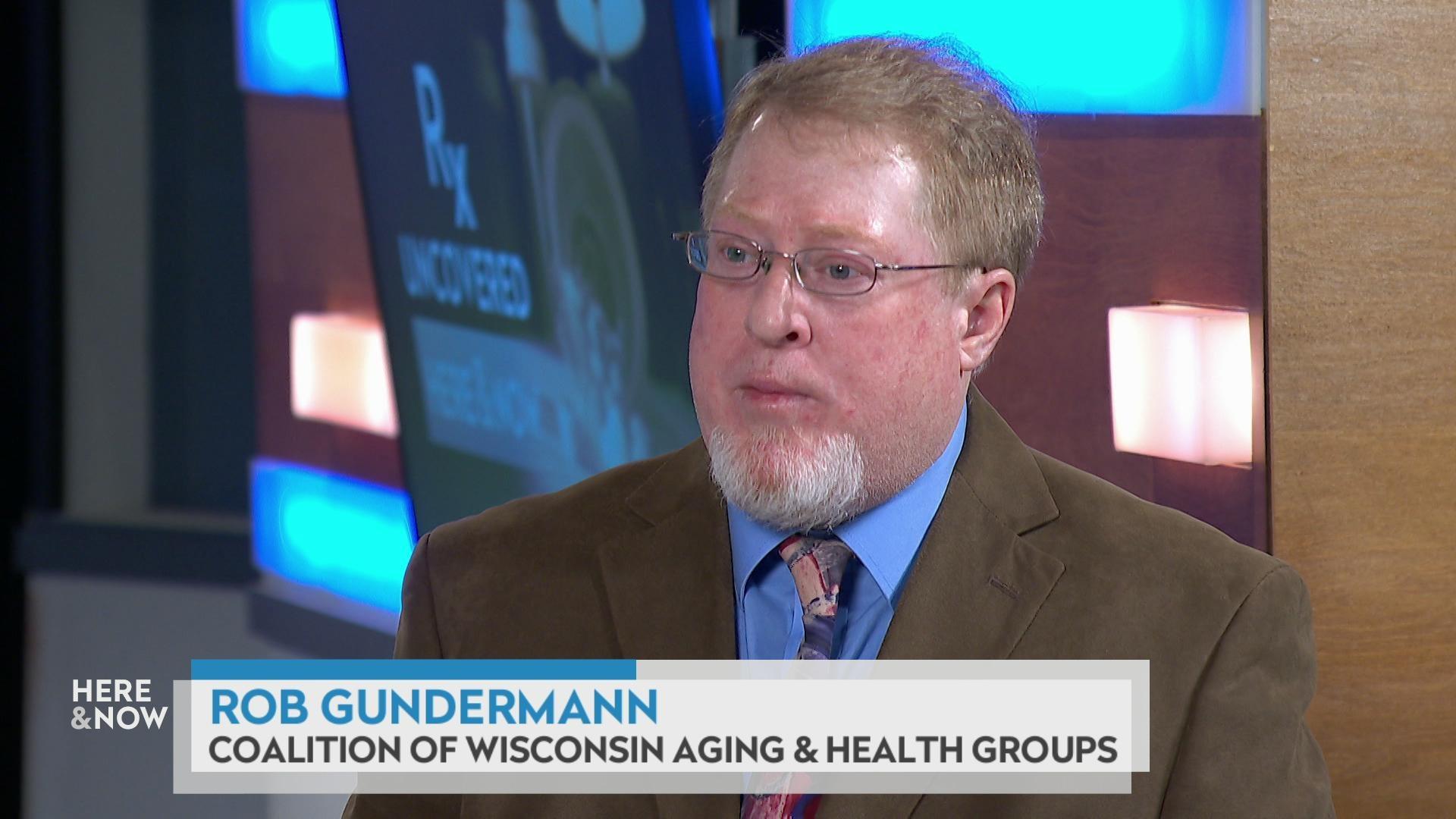

Follow Us